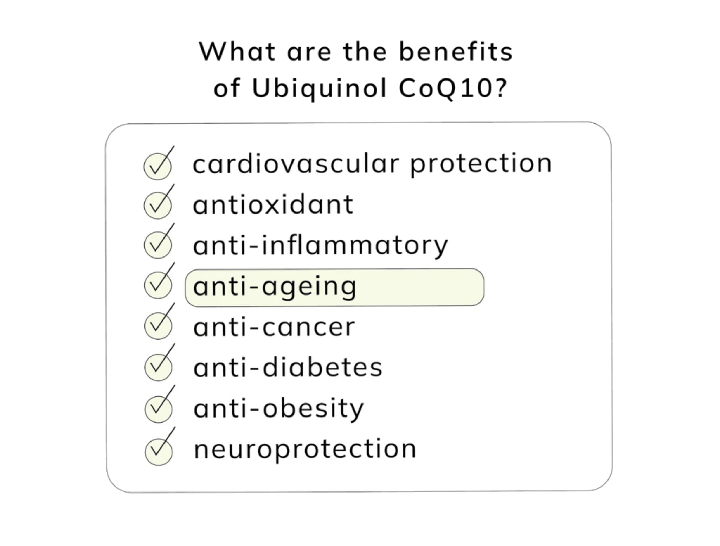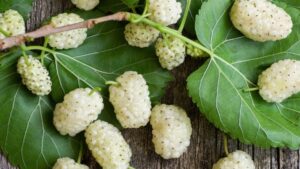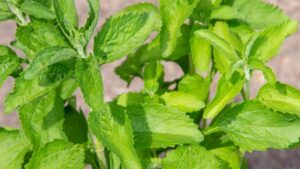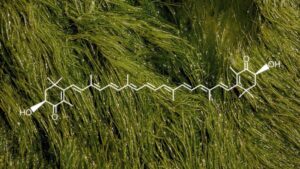The diverse health benefits of Ubiquinol (CoQ10) explains why researchers and the longevity community are so obsessed about it. Would you like to learn more about this molecule before joining the crowd? Avea is here to help.
Whilst your body naturally produces CoQ10, its concentrations decline with age as well as through fatigue, strenuous exercise, smoking, illness, and even some medications.
CoQ10 has an essential role in supplying all your cells with energy. To learn how your CoQ10 level can be easily restored and maintained, check out our article and learn why we at Avea, are so keen to share about this valuable antioxidant with you.
In this article
Free guide to reverse your biological age

- Master the science of rejuvenation.
- Apply proven tips to turn back the clock.
- Transform your health with top longevity specialists.
What is Ubiquinol (CoQ10)?
Ubiquinol is the active, bioavailable form of Coenzyme Q10 (CoQ10). CoQ10 is naturally present in two forms in your body: Ubiquinone (5%) and Ubiquinol (95%). Ubiquinone is the oxidised version that is recycled (reduced) back into Ubiquinol. Ubiquinol is primarily responsible for the antioxidant and vitamin-like benefits of CoQ10.
No stress, let’s try break down the science.
Mitochondria function
Nearly each of the trillions of cells in your body houses thousands of mitochondria. These organelles are called ‘powerhouses’ of the cell, since they produce the energy your cells need to function in the form of ATP (Adenosine Triphosphate).
Amongst the most important enzymes involved in the human energy cycle is Ubiquinol. As a matter of fact, your body’s most energy-demanding organs have the highest levels of mitochondria, thus, the highest levels of CoQ10. These include your heart, brain, kidneys, muscle, and liver.
Why do we need CoQ10?
Similarly to a car, a cell requires its fuel to function. CoQ10 acts as the fuel additive that optimises mitochondrial performance, extracting the most energy with the least damage.
Without CoQ10, the cell is compromised and cannot function correctly, thereby affecting overall health. Inadequate levels of CoQ10 in the mitochondria may cause tiredness, fatigue, as well as mental fog but in the long run, things may get worse.
CoQ10 protects cell membranes from oxidative damage caused by free radicals. These are the bad boys that destroy everything they touch. CoQ10 provides protection from neurodegenerative diseases and mental health disorders, heart and vascular health support, enhanced lung function, healthy blood cholesterol levels and protection from the effects of elevated glucose in diabetes and metabolic syndrome.
Looking to boost your health?
Our Booster contains a powerful combination of carefully selected, natural antioxidants that target multiple mechanisms of ageing at the cellular level. This breakthrough supplement works in synergy with NMN for optimal NAD+ production within your body.

Why do we use Ubiquinol in our supplements?
We’ve included Ubiquinol in our Booster supplement as it is the active, more bioavailable, antioxidant form of CoQ10—it’s ready for immediate use by the body.
Ubiquinol is an ideal complement to our NMN product (a potent NAD+ precursor) since Ubiquinol works in synergy with NAD+ to support energy-production and mitochondrial health in every cell of your body.
It’s important to note that your body doesn’t store CoQ10. Therefore, to see continued benefits, it’s essential to keep up a supplement routine.
Where can Ubiquinol be found in nature?
You can find CoQ10 in meats including, pork, beef, chicken, fatty fish, and organ meat, vegetables such as broccoli, cauliflower and spinach, fruits such as oranges and strawberries, as well as in legumes, sesame seeds, pistachios and peanuts.
To get the recommended 100 mg per day, you would have to eat around 3.5 kg of beef, 120 cans of sardines or 60 avocados a day. On the other hand, the CoQ10 you find in supplements is manufactured via a natural yeast fermentation process and is highly-effective.
Key Takeaway











